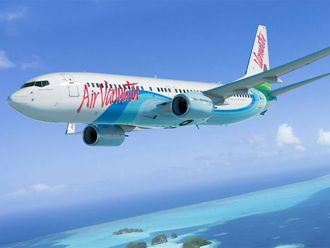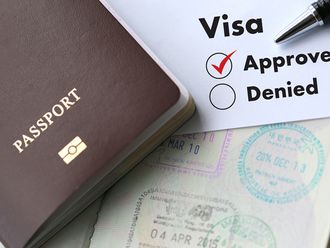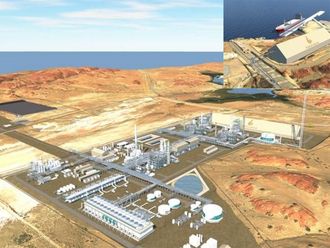Canberra: Australia’s prime minister said on Tuesday he was looking forward to meeting face-to-face soon with President Donald Trump, three months after their heated telephone conversation over an Obama-era refugee deal.
Prime Minister Malcolm Turnbull was speaking in the Arabian Gulf, after meeting in Afghanistan with Defence Secretary James Mattis and greeting Australian troops in the Middle East ahead of Veterans’ Day commemorations on Tuesday.
Turnbull met in Sydney at the weekend with Vice-President Mike Pence, whose visit was intended to smooth over any lingering hard feelings after the prime minister’s contentious phone call to Trump on January 28 over a refugee resettlement deal struck by the previous Obama administration.
Turnbull said on Tuesday he will announce his Trump visit “very shortly.” The meeting will take place in New York, according to media reports.
“We’ve had very good meetings with Vice-President Pence and the Defence Secretary James Mattis just in the last few days. I look forward to continuing those discussions with President Trump and will do so at an early opportunity,” Turnbull told reporters.
Australia is unhappy with Trump’s decision to pull the United States out of the 12-nation Trans-Pacific Partnership trade pact.
Under the refugee resettlement agreement, the United States will take up to 1,250 refugees that Australia houses in detention camps on the Pacific island nations of Nauru and Papua New Guinea. Trump, who campaigned on tough-on-immigration policies, was enraged by the agreement, prompting a tense phone call with Turnbull and an angry tweet in which the president dubbed the deal “dumb.”
White House spokesman Sean Spicer’s subsequent mispronunciation of Turnbull’s name as “Trumbull” did not help matters.
The fallout has left relations between the US and Australia at their lowest point since the Vietnam War, when Australia’s then-Prime Minister Gough Whitlam criticised a series of bombings authorised by then-President Richard Nixon.
Turnbull on Tuesday left open the possibility of Australia increasing its military contribution in Iraq, Syria and Afghanistan.
He also announced an additional A$110 million (Dh304 million) over three years in humanitarian and stabilisation assistance for Iraq.











